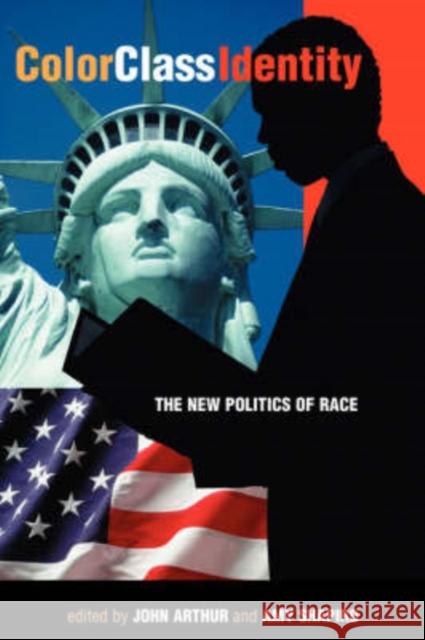Color - Class - Identity : The New Politics Of Race » książka
Color - Class - Identity : The New Politics Of Race
ISBN-13: 9780813331157 / Angielski / Miękka / 1996 / 239 str.
Color - Class - Identity : The New Politics Of Race
ISBN-13: 9780813331157 / Angielski / Miękka / 1996 / 239 str.
(netto: 218,56 VAT: 5%)
Najniższa cena z 30 dni: 216,55 zł
ok. 16-18 dni roboczych.
Darmowa dostawa!
Three recent and highly dramatic national events have shattered the complacency of many Americans about progress, however fitful, in race relations in America. The Clarence ThomasAnita Hill hearings, the O.J. Simpson trial, and the Million Man March of Louis Farrakhan have forced everyone to reconsider their assumptions about race and racial relations.The Thomas-Hill hearings exposed the complexity and volatility of perceptions about race and gender. The sight of jubilant Blacks and despondent Whites reacting to the O.J. Simpson verdict shook our confidence in shared assumptions about equal protection under the law. The image of hundreds of thousands of Black men gathering in Washington in defense of their racial and cultural identity angered millions of Whites and exposed divisions within the Black community.These events were unfolding at a time when there seemed to be considerable progress in fighting racial discrimination. On the legal side, discrimination has been eliminated in more and more arenas, in theory if not always in practice. Economically, more and more blacks have moved into the middle class, albeit while larger numbers have slipped further back into poverty. Intellectually, figures like Cornel West, Henry Louis Gates Jr., and Patricia J. Williams are playing a central role as public intellectuals.In the face of these disparate trends, it is clear that Americans need to rethink their assumptions about race, racial relations, and inter-racial communication. Color * Class * Identity is the ideal tool to facilitate this process. It provides a richly textured selection of readings from Du Bois, Cornel West, Derrick Bell, and others, as well as a range of responses to the particular controversies that are now dividing us.Color * Class * Identity furthers these debates, showing that the racial question is far more complex than it used to be; it is no longer a simple matter of Black versus White and racial mistrust. A landmark anthology that will help advance understanding of the present unease, not just between Black and White, but within each community, this book will be useful in a broad range of courses on contemporary U.S. society."











